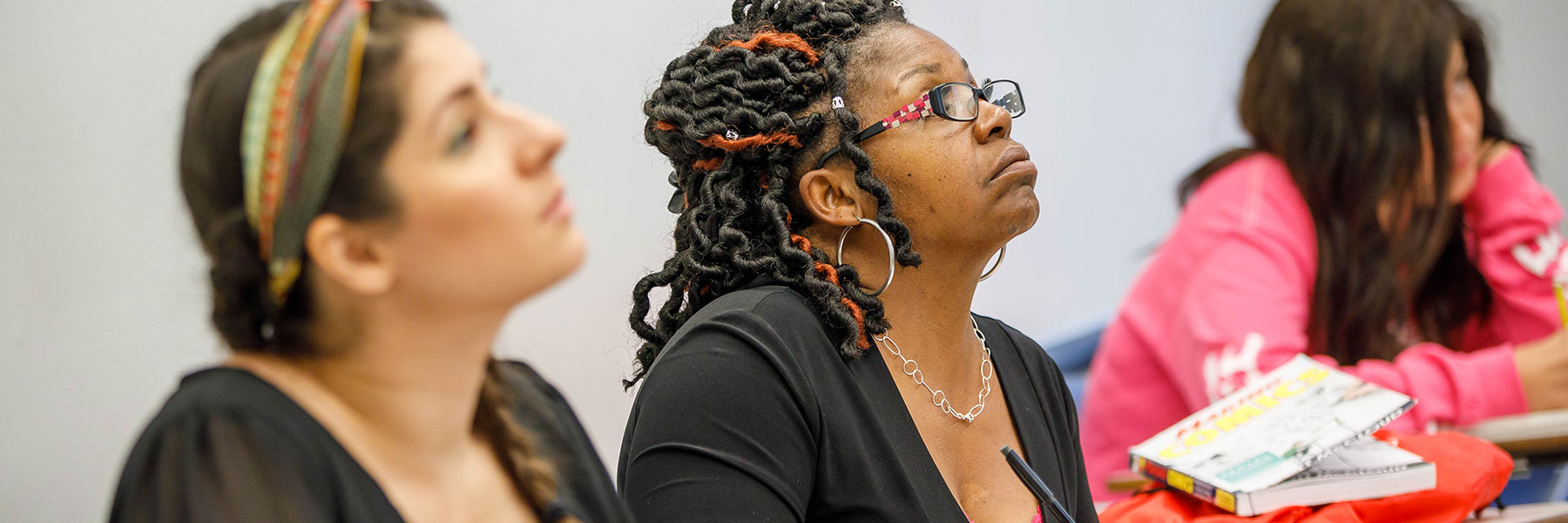Include the following information in your application:
- Project Category (Research, Service, Educational Leadership, or Travel)
- Project Title
- Student Name
- Address, City/State/Zip
- E-mail Address
- University ID
- Graduate Program
- What year you entered graduate program
- Expected Graduation Date
- Faculty Mentor/Department
- Have you previously been awarded a Graduate Research Grant? If YES, give Title of Project, Faculty Mentor, Semester/Year project was begun.
- Does your project required any research compliance approvals, e.g. animal, biosafety, and human subject? If so, these must be in place at the time of application.
Using non-technical language, please briefly explain what you wish to accomplish, and how the Graduate Research Program can help. If you will need to travel, please give the reason, destination, dates, and number of nights. If you are presenting at a conference include the name of conference and give a brief description of your own involvement in the project being presented, describing what research you have been involved in thus far and how you are advancing this project (both research and writing) during the course of this semester.
What do you estimate your project to cost? In this proposal you can request funding for supplies, copying, travel, etc. Include a breakdown of the costs and a budget justification explaining what the item will be used for and how it is necessary to your project.
The Proposal Narrative is not to exceed five, single-sided, double-spaced pages, in no smaller than 12-point font.
The Graduate Council Review Committee must make comparisons and judgments across academic disciplines and methodologies. Because the Review Committee is an interdisciplinary one, proposal narratives should be directed toward a general audience and avoid the excessive use of jargon. All applicants MUST follow the general narrative outline provided below:
- Statement of the Problem/Significance of the Project. Be succinct; clearly support your statement with documentation and references and include an up-to-date review of the relevant literature.
- Objectives. Discuss the specific outcome(s) and product(s) of the project. If the anticipated outcomes are quantifiable, explain how they will be measured.
Research, Service, or Leadership Project Methods. Design a project plan consistent with your academic discipline. A reference page with supporting sources regarding the methodology or plan of action is required of all proposals.
Research methods specifics | If this is a research proposal you must include in your methods section the measures or instruments that you will be using to conduct the study.
Service project methods specifics | If this is a proposal for a service project, the methodology section should include: 1) the population to be served, 2) specific action steps to be taken during the project. If not explicitly stated elsewhere in this narrative, also 3) explain how your project will benefit the people and/or agency being served.
Leadership methods specifics | If this is a proposal for an educational research grant, the methodology must detail how the graduate student will incorporate an action plan consistent with the purpose of the grant as outlined earlier.
- Detailed Budget Explanation. Provide a detailed explanation of each budget item and explain succinctly why it is necessary for the completion of the project. Failure to provide a clear rationale for each requested item may result in reduced funding. If additional funds are required, please provide evidence of where these funds will be obtained.
- Final Products and Dissemination. Describe possible forms of the final product, (e.g., publishable manuscript, conference paper, invention, software, exhibit, performance, etc.). Be specific about the methods used to disseminate your results to a wide audience, (e.g., state the target journal for publication of a manuscript, the conference for presentation of the results, or the site for a performance or exhibition).
This letter is included as part of the proposal. The letter should include the following:
- the abilities of the student investigator to succeed in the project
- a clear explanation of how the student will act as an independent investigator in the project, including a description of the role of the student in conducting all phases of the project
- a statement justifying the proposed budget and/or where additional funds have been requested or received
- a statement of how the advisor intends to serve in the role of mentor
- an estimate of the time required by the student to complete the proposed work
- possible scholarly products anticipated as a result of the project.
This letter serves a very important purpose for the Graduate Council Review Committee (who are not necessarily experts in the field of study) reviewing the proposal. The statement should convey any pertinent, critical information and speak directly to the study. “Boiler plate” letters of support are not sufficient and may result in a reduction or denial of funding.


